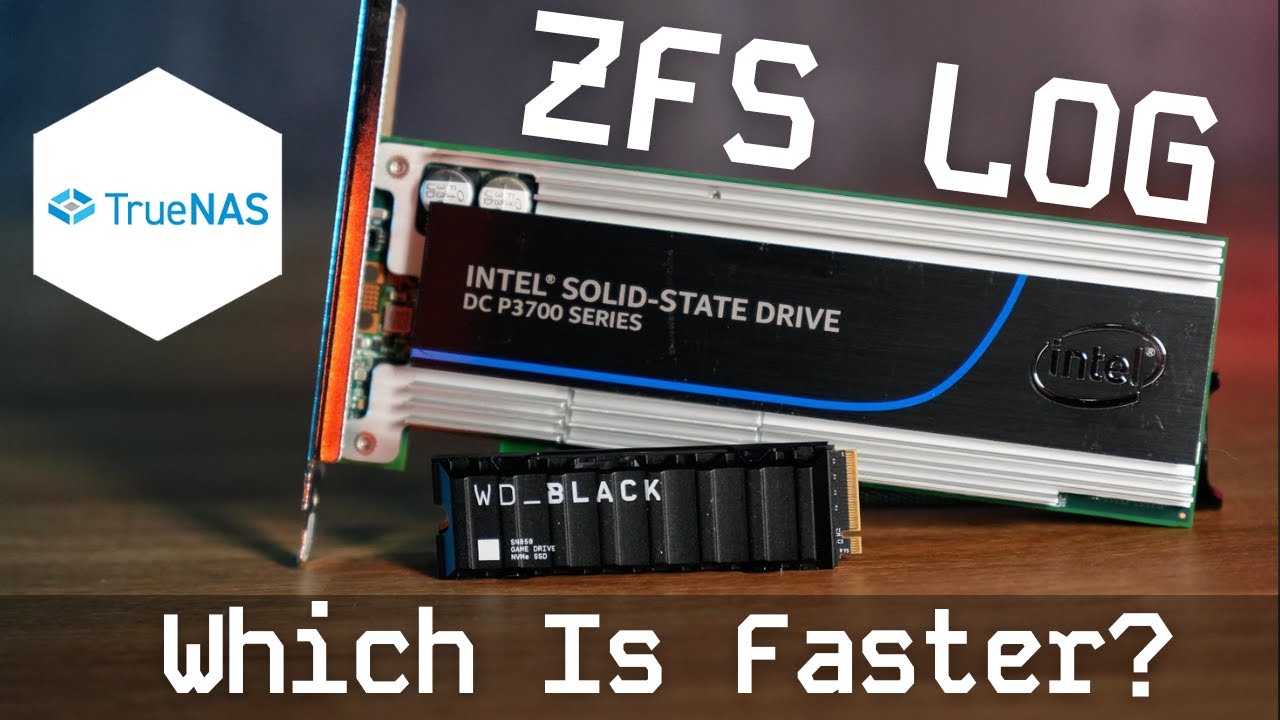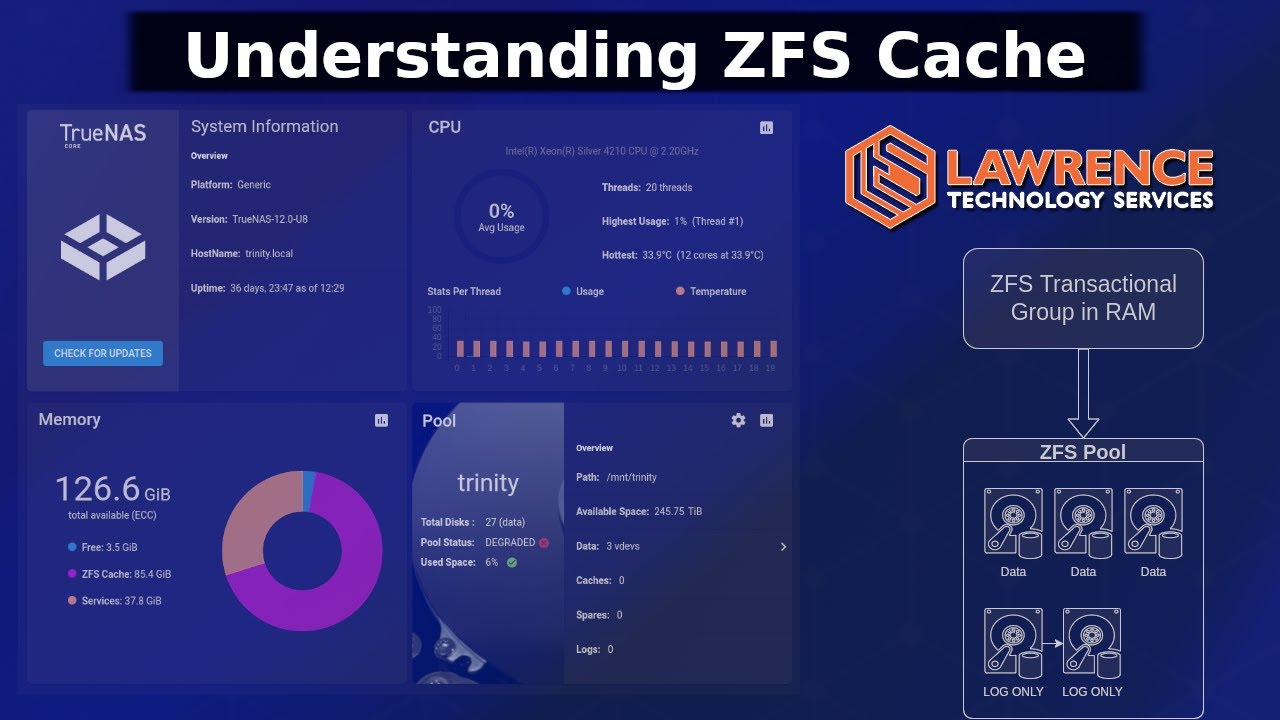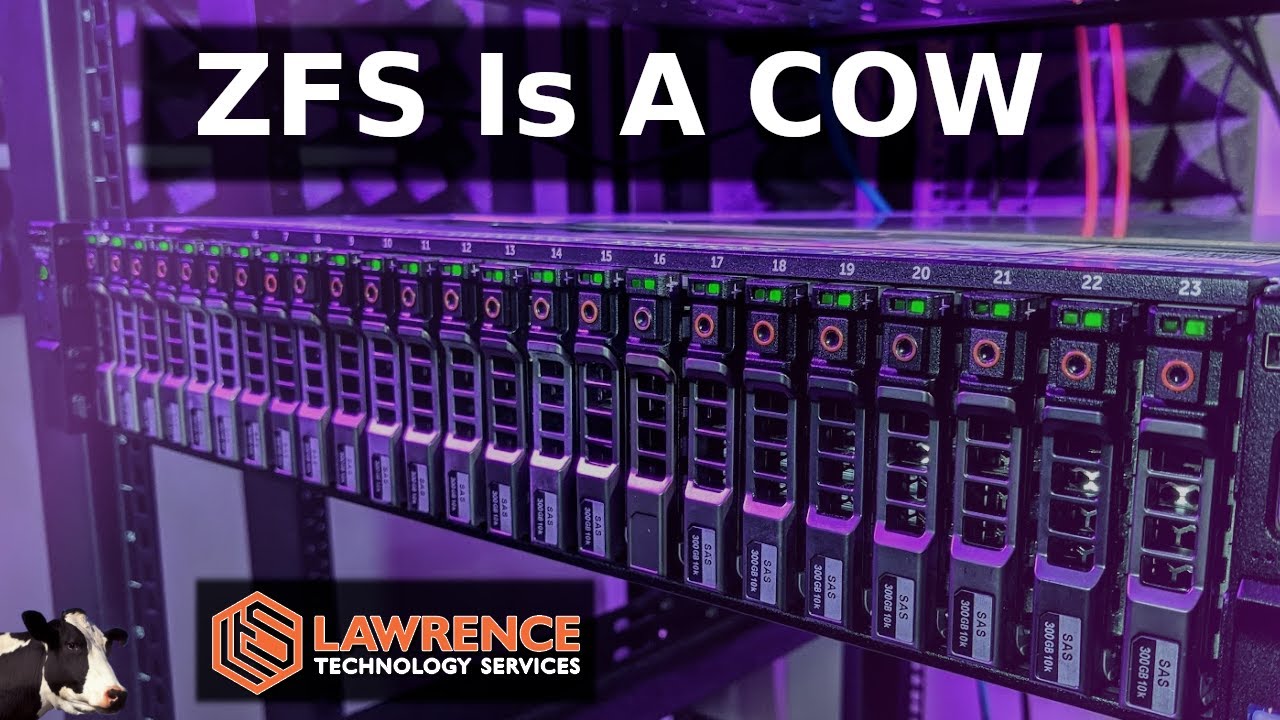 Basic Overview
Basic Overview
| Feature | Intel SSD DC P3700 | WD Black SN850 NVMe |
|---|---|---|
| Interface | PCIe 3.0 x4 (U.2 / HHHL AIC) | PCIe 4.0 x4 (M.2 2280) |
| Protocol | NVMe 1.1 | NVMe 1.4 |
| NAND Type | Intel HET (High-Endurance Technology) MLC | 3D TLC NAND |
| Capacity Range | 400GB – 2TB | 500GB – 2TB |
| Release Year | ~2014 | ~2020 |
 Performance
Performance
| Metric | Intel DC P3700 (1.6TB) | WD Black SN850 (1TB) |
|---|---|---|
| Sequential Read | ~2.8 GB/s | ~7.0 GB/s |
| Sequential Write | ~2.0 GB/s | ~5.3 GB/s |
| Random Read (4K, IOPS) | ~450K | ~1M |
| Random Write (4K, IOPS) | ~150K | ~720K |
 Endurance and Reliability
Endurance and Reliability
| Spec | Intel DC P3700 | WD Black SN850 |
|---|---|---|
| DWPD (Drive Writes Per Day) | 17 DWPD (for 5 years!) | ~0.3 DWPD |
| TBW (1TB model) | ~12.3 PB | 600 TB |
| Power Loss Protection | Yes (enterprise-grade) | No |
| MTBF | 2 million hours | 1.75 million hours |
 Queue Depth Capabilities
Queue Depth Capabilities
| Feature | Intel SSD DC P3700 | WD Black SN850 |
|---|---|---|
| Max Queue Depth (per NVMe spec) | Up to 128 queues x 64K commands | Up to 64 queues x 64K commands |
| Optimized for | High QD, consistent latency | Low–mid QD, high peak throughput |
FIO command used for Testing
sync;fio --randrepeat=1 --ioengine=libaio --direct=1 --gtod_reduce=1 --name=test_rand_write --filename=test_rand_write --numjobs=32 --bs=4k --iodepth=256 --size=200M --readwrite=randwrite --ramp_time=4 --group_reporting
sync;fio --randrepeat=1 --ioengine=libaio --direct=1 --gtod_reduce=1 --name=test_seq_write --filename=test_seq_write --numjobs=32 --bs=4k --iodepth=256 --size=200M --readwrite=write --ramp_time=4 --group_reporting
Results Using as ZFS LOG with Sync=Always for Dataset
| Intel DC P3700 | WD Black | |
|---|---|---|
| Random Write | 330MB/s IOPS=80.0K | 178MB/s IOPS=43.1k |
| Sequential Write | 350MB/s IOPS=84.9K | 145MB/s IOPS=35.1k |
 But WHY?
But WHY?
Both drives technically support high NVMe queue depths (64K commands per queue × multiple queues), but:
- Intel’s controller and firmware are tuned to make actual use of deep queues efficiently.
- WD’s SN850 controller (SanDisk/WD G2) is built for bursty I/O and throughput, not sustained parallel workloads.
 Summary
Summary
If your workload regularly pushes queue depths above 32, the P3700 will outperform the SN850, even though the SN850 has better raw specs on paper. In homelabs or servers, queue depth can be the secret sauce — and that’s where the P3700 shines.
Other videos for reference
Explaining ZFS LOG and L2ARC Cache: Do You Need One and How Do They Work?
ZFS is a COW
Understanding ZFS in the Real World: Mistakes Made, Lessons Learned & Future Plans



